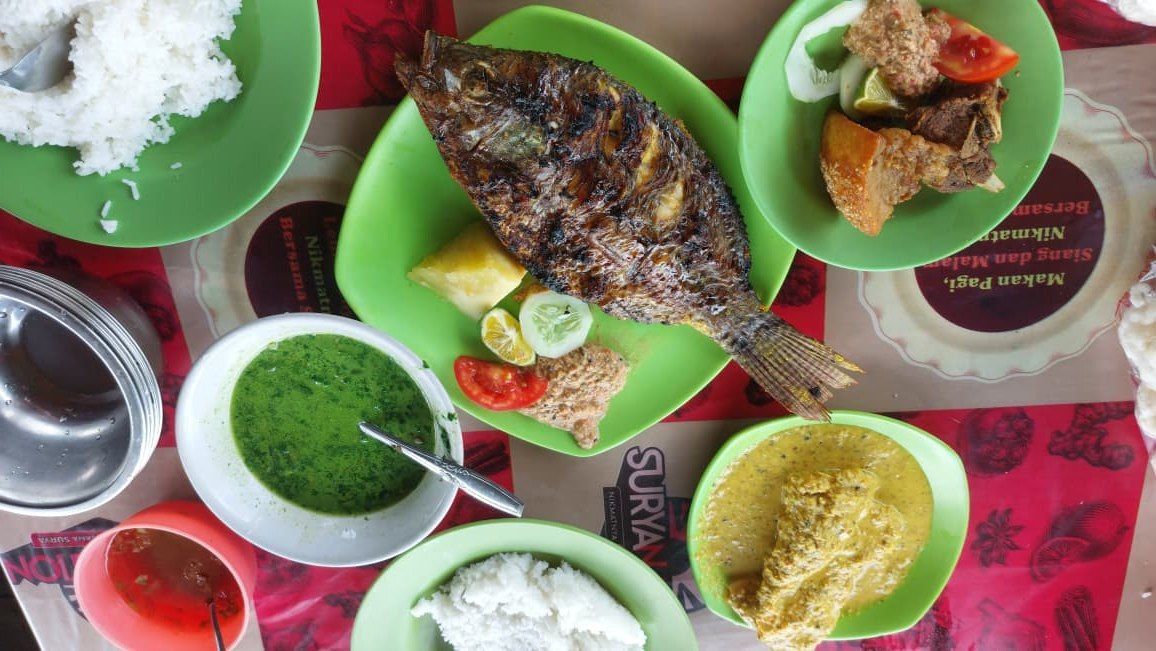For the most part of Ayr’s three-day Gold Cup meeting, the rain stayed away.
Crowds were good and the racing was highly competitive.
Along with the Scottish Grand National, this is a fixture that is circled by most in the local community.
It’s a wonderful social event, the schools are off for the long weekend and it’s a date that local businesses, restaurants and pubs can bank on as an important money-spinner. It always helps when the weather largely plays ball.
But there are still stormy skies hovering above for racing as a whole. The complex tax harmonisation issue lingers and racing keeps lobbying politicians not to raise betting taxes on racing from 15 per cent in line with slots and casino products at 21 per cent.
The national impact would be deep.
Jockeys took part in strike action last week over the betting tax debate
New BHA chhairman Lord Charles Allen was also at Westminster over the issue
A white horse also shows the clear message the sport wants to send to the Treasury
The British Horseracing Authority (BHA) estimate that the tax proposals would hit racing’s finances by £66million per year and put up to 2,500 jobs at risk.
It would also affect Scotland, a £3.1m per year hit is estimated with 136 jobs in jeopardy. On one of its biggest meetings, Ayr is keen to play its part in pressing the message to the corridors of power.
Jim Delahunt is Head of PR and Raceday Presenter at Ayr Racecourse and understands the gravity of the current situation.
He said: ‘‘I’ve never seen the whole racing industry unite so together on one particular issue.
‘With my Ayr Racecourse hat on, we are very much behind the general movement in trying to persuade the UK Government in the form of HMRC to change their outlook on this.
‘Looking at it as an outsider and a former business graduate, I can see where they are coming from in trying to harmonise the tax system. But the problem that gives racing is that the bookmakers who basically supply their funding through the levy are taxed separately on their racing profits at 15 per cent.
‘Now if that’s going to be lumped in with online casino and slot profits in taxing them all together at 21 per cent then it doesn’t take a genius to know that those funds that the bookmakers have to help support racing are going to be severely diminished.
‘It has been estimated that racing could take a hit of £66million a year because of this. That’s why the strike happened and why people were in London protesting. I personally thought the profile racing managed to get and the publicity racing generated in the media certainly got the message across.
But racing has to be midful of not negatively affecting their relationship with bookmakers
‘But I’m not sure that the general public really care too much about racing. People in Westminster can live in a bubble but I think people in racing also live in a bubble.
‘We start shouting and clamouring that there’s a problem and we’re skint. But people turn around and say: “Well, I don’t think so. You’ve just paid £1m for a horse”. So it is a problem getting that across to the general public but in this situation it’s all about getting this across to the government.’
It’s a complex issue. Racing must find a way to state its case powerfully and clearly to government but also strive to not alienate bookmakers in the process. After all, they essentially primarily fund the sport.
‘We have a huge profile and it’s a hugely important industry,’ added Delahunt. ‘As far as people at Ayr are concerned, we want to be part of that going forward. We want to see the racing tax kept separate and not harmonise with everything else.
‘If it does go to 21 per cent then that’s going to be a major hit on bookmakers. One arm has already said they are going to pull funding for a TV series that’s worth up to £1m. That’s a major blow and could be a shot across our bows.
‘It’s a case of you help us and we’ll help you. I think we have to get behind that.’
Another argument racing ought to be making to the powers to be is racing’s a skill-based punting pursuit rather than one entirely down to chance.
Delahunt said: ‘In terms of grouping everything with slots and casinos, if you put £2 on a horse then they chances are you’ve put 20 minutes in studying that race. There’s a level of mental skill involved in putting that £2 on a horse and jockey.
Leading trainer John Gosden spoke at the QEII Centre about the important matter last week
‘If you are putting that £2 into a machine or a roulette table that is 100-per-cent chance. So there is a skill level in horserace betting that people who don’t understand the sport do not fully understand.
‘If we can get that message across, that the money generated from racing in betting is so important to this sport that we shouldn’t be lumped in with casinos and slot machines.
‘Again, we concede that we may have to see that 15 per cent go up but it should not go up to 21 per cent and should not be grouped in with gambling on pure chance.’
Racing can also use its sense of community and cultural appeal to further its case.
He added: ‘Overall, the racing industry in Great Britain is a huge industry. In terms of a spectator sport, it is second only to football. People have a passing interest in racing which you wouldn’t believe. It’s an astonishing sport in people know the famous faces and horses of the sport even if they don’t follow it on a daily basis.
‘Racing is ingrained in local culture. The two big race meetings here are the Ayr Gold Cup and the Scottish Grand National. Ayr, like a lot of other courses, race all year round and we try to cater for everybody.’
Horses train at Nicky Henderson's and the sport still holds enormous appeal for casual fans
Delahunt believes the next six weeks are crucial for the sport to keep hammering home their message and Scottish Racing, who were one of few Scottish sporting bodies that had Holyrood’s ear during the Covid-19 pandemic, can also play their part.
He added: ‘‘Rachel Reeves has got a budget in November and in terms of bringing in this new harmonised tax we have about six weeks or so to persuade her to keep things as they are. Or if you are going to change it then keep the racing tax separate.
‘We accept that it may have to go up but keep the racing tax separate so that bookmakers can continue what they do now and provide a huge amount of British racing going forward.
‘We do pretty well in Scotland in standing on our own two feet. We have the umbrella organisation Scottish Racing that are fighting our corner in parliament and in the Scottish parliament.’
The final week of November is when the budget is pencilled in and racing will find out if it will face a winter of discontent but the sport is in no mood to back down from this battle. The united front will continue.

 3 months ago
68
3 months ago
68

















































